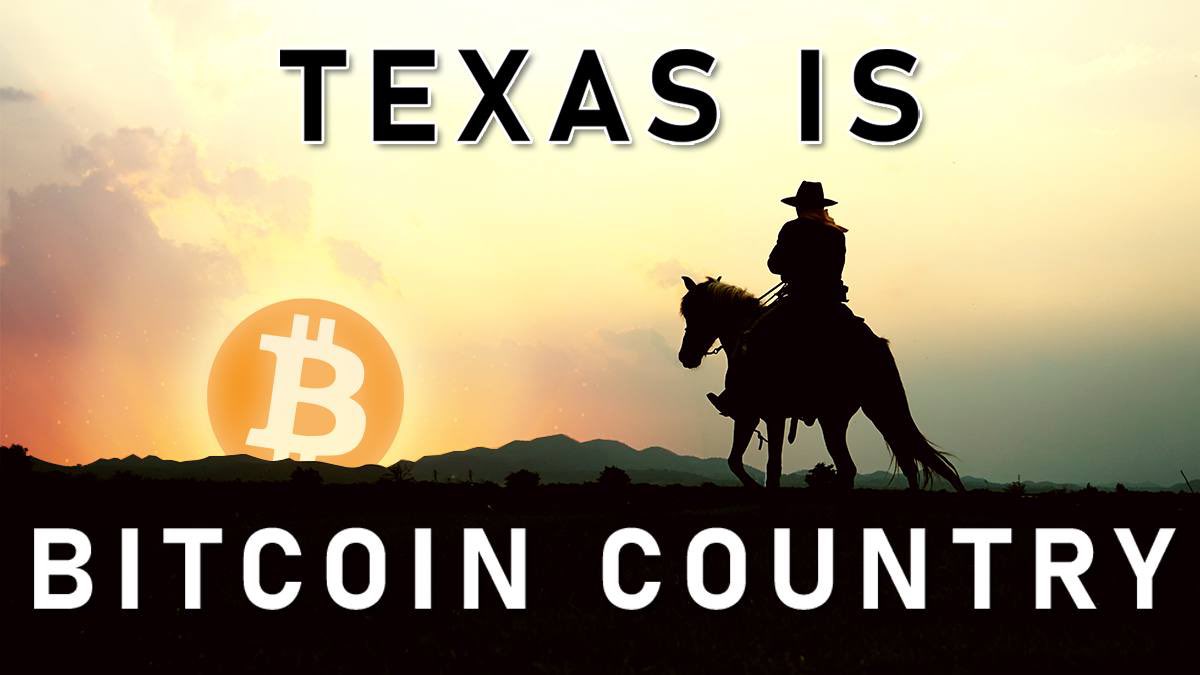
Recently, I've been thinking about this chart from @hasufl and @nic__carter concerning the changing #bitcoin narrative. I think the recent focus on NgU has been misguided, and we've lost sight of the true common thread tying all of these together:
#Bitcoin is freedom money.
#Bitcoin is freedom money.

One thing I've learned from watching DeFi over the last year is that NgU tech is not unique to #bitcoin. Supply side liquidity crunches can be programmed in a few lines of Solidity.
But true monetary freedom cannot. #Bitcoin is the money chosen by people seeking to be free.
But true monetary freedom cannot. #Bitcoin is the money chosen by people seeking to be free.
As the FUD machines spin up and market dominance wanes, I think this is very important for us to internalize. #Bitcoin guarantees its adopters that they will be free. Being free does not guarantee being rich. And if freedom is not continually fought for, it will disappear.
No people in history have stayed free by sitting on their hands and watching NgU. Freedom must be earned, protected, and exercised, or it will be taken.
NgU is accurate in that sound money is a necessary condition for a monetary system based on freedom. But it is not sufficient.
NgU is accurate in that sound money is a necessary condition for a monetary system based on freedom. But it is not sufficient.
Nobody illustrates monetary freedom being valued and exercised better than @gladstein.
PoW is the strongest and most freedom-guaranteeing foundation for a digital money that we have. That freedom isn't free. The energy expenditure is worth it, full stop.
bitcoinmagazine.com/culture/check-…
PoW is the strongest and most freedom-guaranteeing foundation for a digital money that we have. That freedom isn't free. The energy expenditure is worth it, full stop.
bitcoinmagazine.com/culture/check-…
.@dhruvbansal and I will be presenting our thoughts in Miami on what this means for building on #bitcoin. I'm really excited to share them with y'all.
The Circular Economy (h/t @ziggamon)
Advertising is Censorship (h/t @adamcurry)
Number of People Go Up (h/t @starkness)
The Circular Economy (h/t @ziggamon)
Advertising is Censorship (h/t @adamcurry)
Number of People Go Up (h/t @starkness)
Not everybody wants to be free. Many people would prefer to be rich.
But I talk to new people every day that want to help bring freedom money to the world. We need to create spaces for them to get started, highlight promising directions to explore, and use their contributions.
But I talk to new people every day that want to help bring freedom money to the world. We need to create spaces for them to get started, highlight promising directions to explore, and use their contributions.
This thread was inspired by last night's Austin Bitdevs meetup. There isn't a better place on the planet right now to experience what a community premised on monetary freedom feels like. We have something special going on down here.
Texas is #Bitcoin Country, y'all (h/t @mecee)
Texas is #Bitcoin Country, y'all (h/t @mecee)

If you want to understand why Texas is #Bitcoin Country, read this from @parkeralewis. Learn, understand, and incorporate it into your local community. If @BrainHarrington can do this in Los Angeles, California 😜, you can do it too.
unchained-capital.com/blog/bitcoin-i…
unchained-capital.com/blog/bitcoin-i…
• • •
Missing some Tweet in this thread? You can try to
force a refresh





